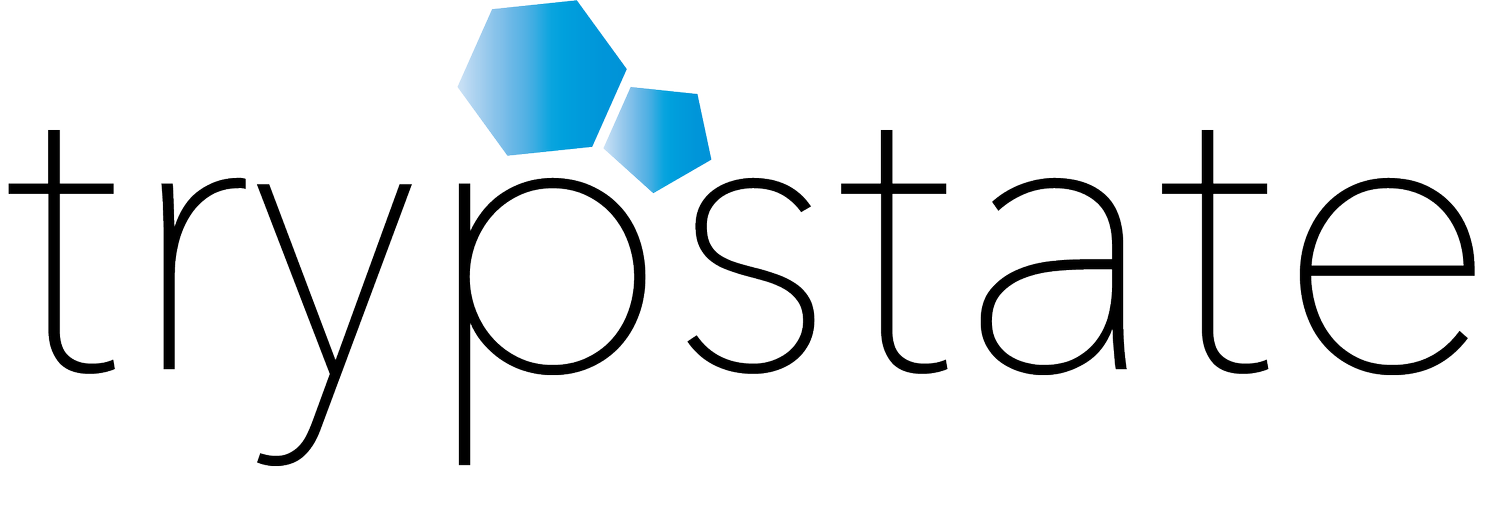
Ketamine Assisted Psychotherapy (KAP)
KAP medicine sessions are offered in person in Miami and NYC. Preparation and integration therapy are available via telehealth for clients in NY, FL, CA, and PSYPACT states
Ketamine-Assisted Psychotherapy combines ketamine, a legal, fast-acting medicine, with psychotherapy to support deep emotional healing and meaningful change. Administered in carefully monitored doses, ketamine creates a gentle shift in consciousness that can open doors to deeper self-exploration, fresh insight, and relief from thought patterns that have felt stuck for years.
I remain present with you throughout each session, offering safety, grounding, and support as you navigate the experience.
Many people describe feeling a sense of spaciousness, clarity, or emotional release during sessions. The inner critic often quiets, making it easier to access emotions and process experiences that feel out of reach in everyday awareness.
On a biological level, ketamine works with your brain's glutamate system and supports neuroplasticity, your brain's natural ability to form new connections. This creates a window of possibility where long-standing patterns can finally begin to shift.
What is KAP?
KAP can be especially powerful if you're dealing with:
Depression, including treatment-resistant depression
Anxiety disorders like generalized anxiety or social anxiety
PTSD or unresolved trauma
Burnout or chronic stress
Obsessive-compulsive patterns
Major life transitions or existential distress
This work may be a good fit if traditional approaches haven't given you the relief you need, if you feel ready to go deeper, or if you sense there's more healing possible but can't seem to access it on your own.
For some, KAP brings clarity during difficult periods. For others, it supports long-term healing when conventional therapy hasn't fully addressed what's underneath.
KAP is not appropriate for everyone. It's not recommended if you have certain medical conditions like uncontrolled hypertension, severe heart problems, or a history of psychosis. It's also not a fit if you're pregnant, actively struggling with substance use, or in acute psychological crisis.
Careful screening through medical and psychological evaluations is essential. I work closely with clients during preparation to explore intentions, expectations, and concerns, and I collaborate with medical providers to ensure a safe and informed care plan.
Is KAP right for you?
KAP is a multi-phase process designed to support deep emotional healing. It unfolds over preparation, medicine sessions, and integration, all grounded in a strong therapeutic relationship tailored to your needs.
Psychological Intake
We start with a comprehensive intake to assess your mental health, history, goals, and readiness. This helps ensure KAP is safe and appropriate for you, and allows us to begin creating a personalized care plan.
Preparation Sessions:
Typically three sessions are required before starting ketamine work. This is where we build a foundation of safety and trust. We'll explore your intentions, discuss what to expect, create a harm reduction plan, and equip you with grounding tools. These sessions also deepen our therapeutic relationship, which becomes essential throughout the process.
Medicine Sessions:
Ketamine sessions take place in a supportive, carefully held environment. I remain present with you the entire time to offer grounding, reassurance, and support. Sessions typically last 3 hours.
In the first few sessions, we focus on identifying the dosage that works best for you. Everyone responds differently, and these early experiences help optimize future sessions for both safety and therapeutic depth.
Research suggests that a series of 4 to 6 medicine sessions, combined with preparation and integration, provides the greatest benefit. Sessions are typically scheduled about twice a week over two to three weeks, depending on your treatment plan.
This work requires a significant investment of time, energy, and emotional presence. It's important to approach it with space in your life for reflection, rest, and integration.
Integration Sessions:
After each medicine session, we meet for integration. This is where we make sense of what came up, whether emotional material, insights, visions, or bodily sensations. Integration helps you ground the experience, process unresolved emotions, and translate insights into lasting change in your daily life.
This might include reflective dialogue, somatic work, mindfulness practices, and continued therapeutic support.
What does treatment look like?
Can I see an example of a timeline of what KAP treatment may look like ?
Intake and Preparation Phase:
One intake/ 3 preparatory sessions held once a week before starting KAP.
Session Plan:
Week 1:
1st KAP Session (3 hours)
Integration Session (1 hour)
2nd KAP Session (3 hours)
Integration Session (1 hour)
Week 2:
3rd KAP Session (3 hours)
Integration Session (1 hour)
4th KAP Session (3 hours)
Integration Session (1 hour)
Week 3:
5th KAP Session (3 hours)
Integration Session (1 hour)
6th KAP Session (3 hours)
Integration Session (1 hour)
When conducted responsibly, KAP is considered safe and well-tolerated. Safety is prioritized at every stage.
Before beginning, you'll complete a comprehensive psychological intake and receive medical clearance from a licensed prescriber to ensure ketamine is appropriate for your mental and physical health.
Preparation sessions help establish emotional readiness, set intentions, and develop a personalized safety plan. During medicine sessions, ketamine is administered in a secure environment, and I remain present the entire time to offer guidance, grounding, and monitoring.
The process is rooted in trauma-informed care, harm reduction, and ethical best practices. While no treatment is risk-free, the safeguards are designed to provide a safe, respectful, and deeply supportive space for healing.
Is KAP safe ?
Do I have to take time off work and life for KAP ?
KAP requires real time and energy. You'll need availability for the preparation sessions, medicine sessions (which last 3 hours each), and integration work. Sessions are typically scheduled twice a week over two to three weeks.
You don't necessarily need to take extended time off, but you do need space in your life for this work. It's not something you can squeeze in between meetings. You'll need time to rest, reflect, and integrate what comes up.
Many people find it helpful to keep their schedule lighter during the treatment period, especially around medicine sessions.
If you have any questions that haven’t been answered here, feel free to reach out. Whether it’s about the KAP process, safety, scheduling, or anything else, I’m here to provide clarity and support. Don’t hesitate to contact me directly to discuss how Ketamine-Assisted Psychotherapy might be a fit for you.
